This is going to be real simpleton question but it’s bugging the heck out of me. I’m an intermediate level diy’er who has done stuff such as run new circuits, plumbing, wainscoting, framed a walkin closet, etc. I know what a deck screw, drywall screw, machine screw, lag screw, and bolts are.
My daughter yesterday asked me what a wood screw is (after hearing it mentioned on the DIY channel.) For the life of me, I could not actually explain what makes a screw a wood screw. I even looked at all of the boxes of screws at HD and none actually said wood screw.
So…what actually makes a screw a wood screw?
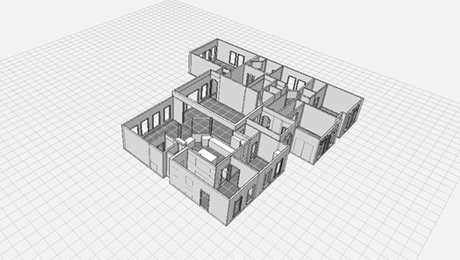

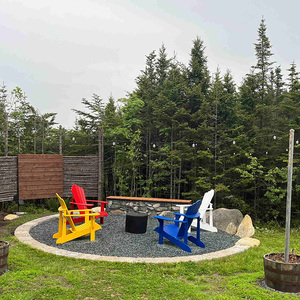
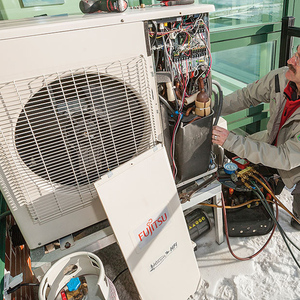
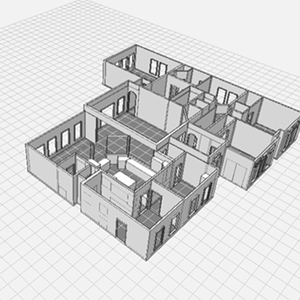
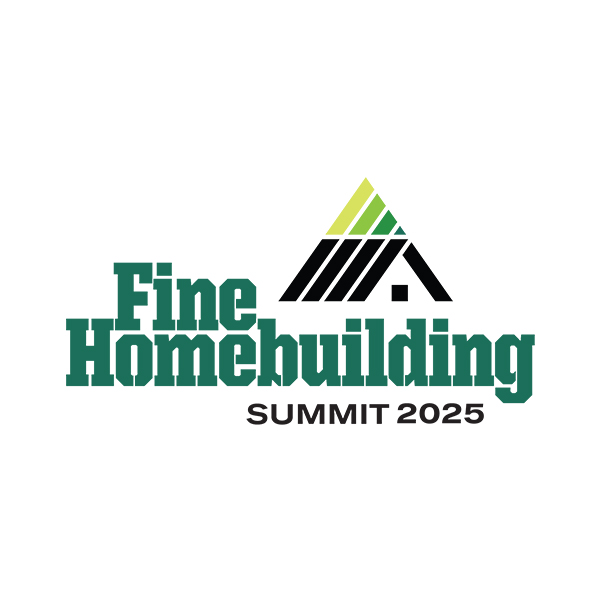













Replies
Deep threads that are meant to bite into the wood.
Don't you just hate it when the kids ask those questions and you realize that you have absolutely no idea of how to answer them. I know that I was sometimes tempted to give them a dork-smack and tell them to go look it up - or ask their mother. - lol
AFIK, a "wood" screw is the only member of the screw family that is tapered over it's full length. They can have fine or coarse threads, but if they aren't tapered, they aren't "wood" screws.
I disagree.The main difference is the pitch and depth of the thread.the "orginal" wood screws where tapered the whole leght of the body.The more recent strutural and deck screws only have a short tapered point on them.But so do sheet metal screws, but they are typical not as coarse of thread.And the 3rd class is machine screws that are much finer thread and uniform the full lenght. (Then there are a few odd balls such as selftapping machine screws that have a taper short "taping" section)..
.
A-holes. Hey every group has to have one. And I have been elected to be the one. I should make that my tagline.
IMHO A wood screw is as would be generally found in a hardware store today, a zinc plated or brass screw with a flat or roundhead, may be slotted or phillips drive. The typical wood screw pattern is a head, a shank which is unthreaded and has no taper, then a gently tapering threaded portion ending in a point indicating that it is machine made. I think I heard once that flatbottomed wood screws were hand made pointed woodscrews had a point.
There are differnt types of counter sinks that ideally should be used with this type of screw i.e a tapered countersink. Most of us just make do with a cheap countersink that uses a twist drill with no taper.
Wood screws have a threaded shank that tapers and the root of which is smaller than the unthreaded top shank.
Webby
Bill -
We're pretty much on the same page and as I was writing my response, I was wondering if deck screws and drywall screws couldn't be called "wood" screws as well. The only difference is the taper is at the point and the body is straight.
One other characteristic of what I call "wood" screws is the head - flat top and tapered into the body.
I wouldn't call sheet metal screws "wood" screws because of their pan-style head.
It's funny how these seemingly simple questions suddenly get complicated, isn't it? - lol
Deck screws, drywall screws, and some lag screws are all wood screws.
Bolts are machine screws.
What's really odd is trying to determine a threaded machine fastener - say a 2" X 3/8-16 "bolt".
If you put a nut on it, it's a bolt (you tighten the nut).
If you thread it into a device (you rotate the fastener to tighten it), it's a screw.
Same part!
Forrest
Yer all rong. A wood screw is made out of wood. Now dont fergit that.
"Put your creed in your deed." Emerson
"When asked if you can do something, tell'em "Why certainly I can", then get busy and find a way to do it." T. Roosevelt
So what about thumb screws? And eye bolts?
Thumb screws & eye bolts ... sounds like Frankenstein."Put your creed in your deed." Emerson
"When asked if you can do something, tell'em "Why certainly I can", then get busy and find a way to do it." T. Roosevelt
And dont forget the ball joints. Oh, and the finger joints too.
Wood Screw
View Image
Edited 2/25/2008 3:46 pm ET by Riversong
thumbscrew?
nut buster...
Life is not a journey to the grave with the intention of arriving safely in a pretty and well preserved body, but rather to skid in broadside, thoroughly used up, totally worn out, and loudly proclaiming<!----><!----><!---->
WOW!!! What a Ride!Forget the primal scream, just ROAR!!!
The whole story is in here:
http://www.amazon.com/One-Good-Turn-Natural-Screwdriver/dp/0684867303/ref=pd_bbs_sr_2?ie=UTF8&s=books&qid=1203965158&sr=8-2
The screw is argued to have made the entire industrial revolution and modern living possible.
The screw is argued to have made the entire industrial revolution and modern living possible.
Actuallly, the screw made the entire human race possible. ;)
Yeah, generally a "wood screw" is a screw where the threaded portion is tapered for most of its length, with a relatively sharp point. The max diameter of the thread is generally equal to the unthreaded shank diameter, because the threads are cut in a rather simplistic proocess. Drywall screws (those designed for wood) have no taper for most of the threaded portion, and have a thinner unthreaded shank, the result of a rolling (vs cutting) process for making the threads.
(IMO, standard wood screws are sh!t -- they're hard to drive, tend to split the wood, and don't hold all that well. They're made the way they are mostly out of tradition. For wood fastening screws maded similar to drywall/deck screws are superior.)
http://en.wikipedia.org/wiki/Wood_screw
I agree with tapered shaft, no threads near the haed but the head style makes no difference. We're on the subject, didja know the philips head was originally designed to slip, to prevent auto assembly line workers from overtorqueing fasteners? Did I read that in FH?
"I even looked at all of the boxes of screws at HD and none actually said wood screw."
I think you have your answer to what is a wood screw.
But regarding the statement above, while you are looking at the boxes of piffin screws and deck screws, if you turn around and look at the overpriced bagged fasteners, you will find the genuine wood screws. They generaly s.... (lack in quality)
Rockler or McFeeleys is the way to go.
Maxx -
See what you started!!?? 21 posts in nine hours and still no definitive answer. You should be proud!! - lol
Making it to complicated for the daughter. A wood screw fastens wood together. A metal screw fastens metal together. There answered. Man, what are you gonna do when she asks where babies come from?
They can't get your Goat if you don't tell them where it is hidden.
stork?
mommy?
screwing?
where babies come from?
That reminds me of a joke about Southwest Airlines ... "Put your creed in your deed." Emerson
"When asked if you can do something, tell'em "Why certainly I can", then get busy and find a way to do it." T. Roosevelt
A wood screw fastens wood together.
That's basically what I told her...but I had to figure it out for myself. Man, what are you gonna do when she asks where babies come from?
She already knows that they come from mommies belly. Now, the creativity will come when she gets interested in boys. There's another thread about a prehistoric hammer in the tool forum that gives me some ideas.
LOL, I am glad those times are behind me. Wouldn't trade them for anything, but some things it seems just once in a lifetime is enough.
They can't get your Goat if you don't tell them where it is hidden.
I'm going to get this thread back on track.
I'm guessing the first categories for screws are.
Wood screws - tapered at the end or tapered the full length. Threads are generally coarse and half the length but could be full length. Flat, round, oval or pan head. Forged
Machine screws - no tapper and blunt at the end. Usually fine thread. Flat, round, oval or pan head. Could accept a nut if needed. Machine cut
Sheet metal screws - specialty screw, could be self tapping. Tapered near the end, made for metal but could be used in wood. Forged
After these splits you get into many of the other sub-categories.
It seems to me that the root of the confusion comes from the introduction and use of the drywall/ decking type screw for anything wood. I am okeay with that due to their ease of use. Years ago however there was no confusion because there was no drywall screw. You either bought wood screws, sheetmetal screws, or machine screws. (Barring any industry specific screw.)
The line is blurred know and people use the multi purpose screws wich are actually a drywall screw for anything. It is because they work pretty good. you dont have to be as particular when pre drilling.Webby